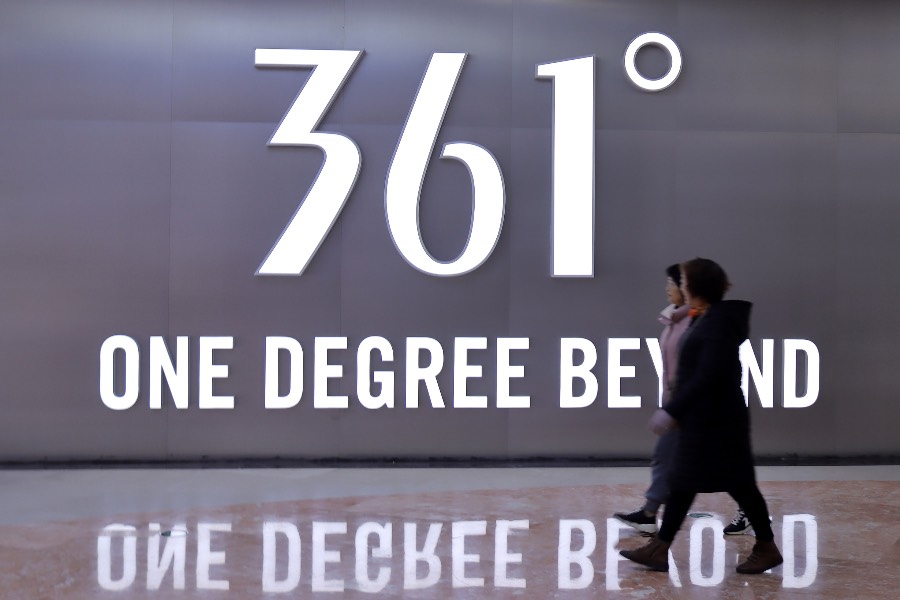361 Degrees Explores Stablecoin Payments

The sportswear seller announced it is researching the potential for accepting stablecoins as payment as Hong Kong experiments with the cryptocurrency type
Key Takeaways:
- 361 Degrees announced it is exploring the potential of accepting stablecoin payments outside of Mainland China, where cryptocurrencies are banned
- The sportswear maker highlighted that such payments can streamline operations and cut its transaction costs
As cryptocurrencies gain traction across the world, stablecoins, a type of currency that offers greater stability by being pegged to underlying liquid assets, is drawing increased attention from businesses. U.S. President Donald Trump gave the sector a boost with his Genius Act in July, which set clear rules for issuing payment stablecoins. Hong Kong has also jumped on the bandwagon, rolling out a regulatory framework for stablecoins in August.
Such positive signals are drawing a growing number of companies into the mix, including sportswear maker 361 Degrees International Ltd. (1361.HK), which announced this month it’s looking into stablecoin payment and settlement systems. The move makes the company, one of China’s smaller homegrown sportswear makers, one of the first major retailers to divulge some cryptocurrency aspirations.
The company said it has opened accounts with an unidentified third-party provider specializing in comprehensive fiat and stablecoin digital payment systems. It added the partner assists companies in achieving efficient, borderless value transfers globally.
361 Degrees further noted it was making the move as corporate cryptocurrency acceptance rises globally. It sees stablecoins as key to boosting efficiency, slashing costs for cross-border e-commerce and offshore brick-and-mortar stores by providing frictionless settlements. It added that such an approach can better meet customer demands while lowering foreign exchange risk exposure.
Next frontier: Overseas operations
It’s no mistake that 361 Degrees is looking at applications for stablecoins internationally, since all cryptocurrencies are currently banned in the heavily protected Mainland China market. Hong Kong is an exception to that …






